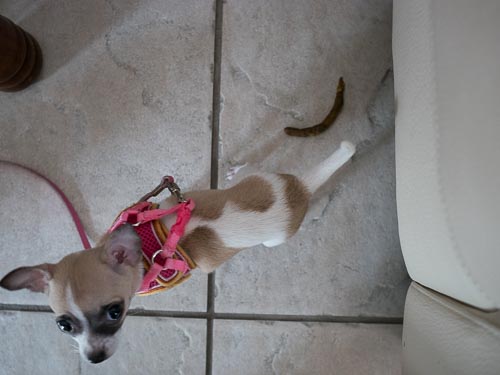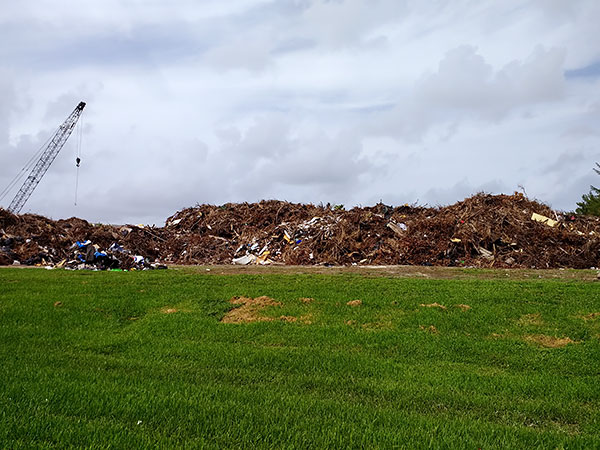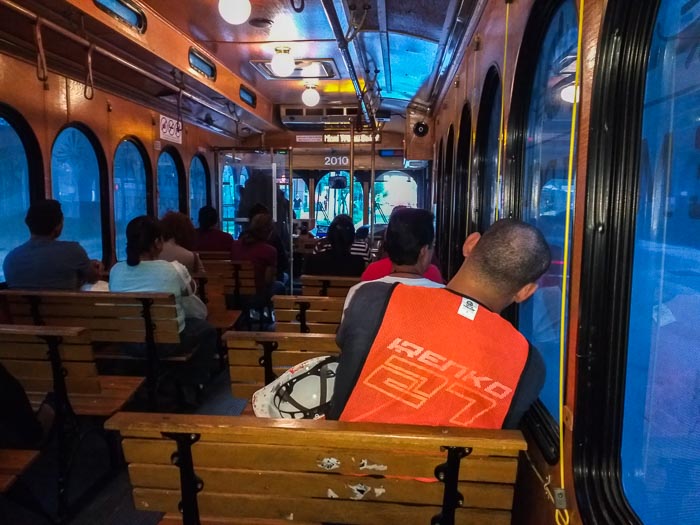
Libertarians:
Great ideas, principles;
Socially clueless.
—-
Vegetarians:
Like atheists and swingers,
Tend narcissistic.
Some Chicago Boyz know each other from student days at the University of Chicago. Others are Chicago boys in spirit. The blog name is also intended as a good-humored gesture of admiration for distinguished Chicago School economists and fellow travelers.


Minor hurricanes:
Always worse than expected
With much long-term harm.
—-
She cares not a whit
About your gearhead hobbies,
But your words – watch out.
—-
Earnings out today.
They killed volatility.
Those calls you bought? Ha.
—-
Your lawn guy vanished.
Perhaps he was deported?
That’s the way to bet.

New, free, city bus –
Late, slow, inconvenient route.
Got what I paid for.
—-
In a restaurant,
Saw cockroach crawling on seat.
Ignorance was bliss.
—-
Weekend night drivers:
Ten under limit, weaving.
Better to stay home.
—-
Your Chinese toaster –
Inexpensive, doesn’t work.
That’s how things are now.
—-
(Feel free to add your contributions in the comments.)
Speaking Hebrew with
Uber guy from Ramallah
Interesting world
—-
Your fake service dog
Goes with you to the Target
We all know the truth
—-
Bicycling safety?
Drivers crazy, distracted
Watch out for yourself
—-
At condo meeting
Board announces it’s quitting
One dare not step in
—-
I’ve always thought Edwin Muir’s poem ‘The Castle,’ like Burns’ ‘Parcel of Rogues,’ referred to the Acts of Union of 1707. Many Scots considered the union of Scotland and England to be a corrupt bargain in which Scottish nobles and landowners who’d been ruined by the Darien scheme were bailed out with English money in return for signing over Scotland’s independence. (I don’t want to argue the merits of that theory; historians have been batting it around for four hundred years without reaching agreement. I just want to point out that the attitude exists.)
It did just occur to me recently that there could be another, slightly anachronistic interpretation of the poem. If Edwin Muir had been given a glimpse of Scotland’s condition today and the destructive effects of welfare dependency, he might have written exactly the same poem. For generations Scotland was a poor country whose greatest natural resource was its people and their devotion to education. They educated their young people and sent them out all over the world, and as George MacDonald Fraser said, “A Scotsman on the make is a terrible thing.”
The expansion of the welfare state has eroded that, perhaps fatally.
All through that summer at ease we lay,
And daily from the turret wall
We watched the mowers in the hay
And the enemy half a mile away
They seemed no threat to us at all.
For what, we thought, had we to fear
With our arms and provender, load on load,
Our towering battlements, tier on tier,
And friendly allies drawing near
On every leafy summer road.
Our gates were strong, our walls were thick,
So smooth and high, no man could win
A foothold there, no clever trick
Could take us, have us dead or quick.
Only a bird could have got in.
What could they offer us for bait?
Our captain was brave and we were true….
There was a little private gate,
A little wicked wicket gate.
The wizened warder let them through.
Oh then our maze of tunneled stone
Grew thin and treacherous as air.
The cause was lost without a groan,
The famous citadel overthrown,
And all its secret galleries bare.
How can this shameful tale be told?
I will maintain until my death
We could do nothing, being sold;
Our only enemy was gold,
And we had no arms to fight it with.